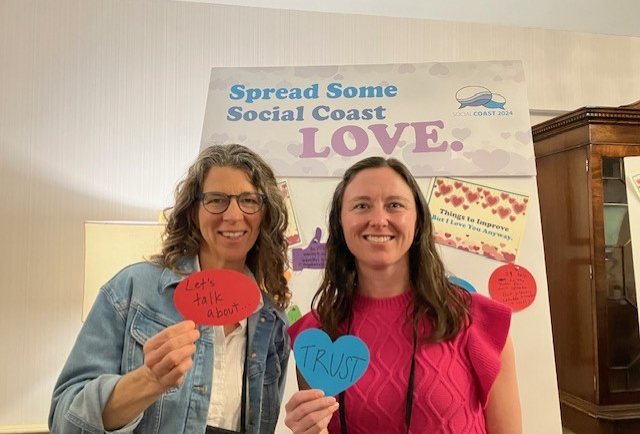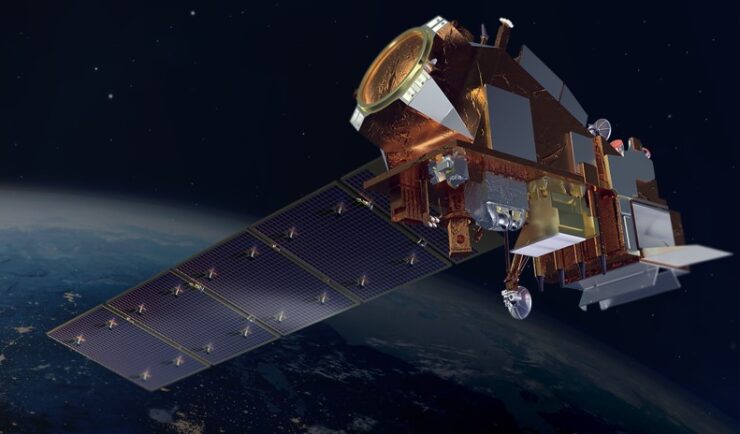- Success Stories
- Environmental Resource Assessment & Management
Studying Mesophotic Coral Health

Mesophotic coral can live at depths of 500 feet below the ocean surface. Even at this depth, some of the mesophotic corals in the Gulf of Mexico were affected by the Deepwater Horizon oil spill in 2010. Our coral scientists supporting NOAA’s National Centers for Coastal Ocean Science are studying the extent of this impact.
Three of our employee owners participated in a mission to extract the corals from the Gulf of America (formerly Gulf of Mexico) that were then transported to laboratories in Galveston, Texas, Gainesville, Florida, and Charleston, South Carolina. Once the Charleston specimens were housed in custom-made tanks, our scientists began studying and caring for the corals. They feed the colony multiple times daily, and study their growth and reproduction. In an effort to restore the damaged coral colonies in the Gulf of Mexico, the team is studying how to maximize growth and outplanting at a larger scale.
See More CSS Insights
CSS Announces New Strategic Partnerships for Civil and Commercial Markets
CSS Inc. proudly announces new strategic partnerships aimed at addressing growing markets in Low Earth Orbit (LEO) and lunar environments. These partnerships are designed to build a team of complementary capabilities in response to opportunities from NASA’s $478 million Research, Engineering & Mission Integration Services-2 (REMIS-2) contract, for which CSS was selected in 2023. Together…

Providing Skills to Build Relationships with Underserved Communities
CSS talented learning specialists supporting NOAA’s Office for Coastal Management (for which we subcontract through Lynker) are integral contributors to a team of federal staff and affiliates who develop training to assist coastal community decision makers and resource managers with building skills needed to enhance their communities. CSS learning specialists recently led the development of…

Engaging in New and Emergent Satellite Technologies
CSS employee owners (formerly Riverside employees) support the National Oceanic and Atmospheric Administration’s (NOAA) National Environmental Satellite, Data, and Information Service’s (NESDIS) Center for Satellite Applications and Research (STAR). STAR is the science arm of NESDIS, which acquires and manages the nation’s environmental satellites for NOAA. Satellite observations are critical to informing situational awareness and…
